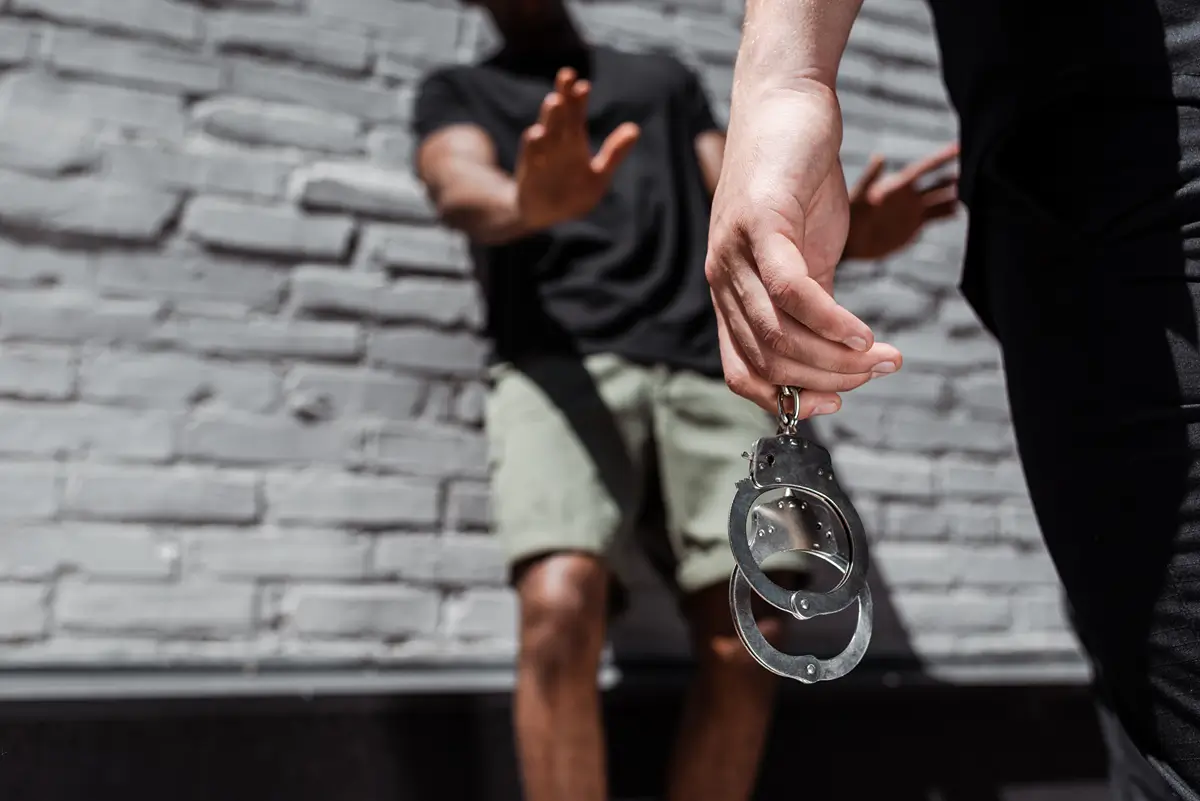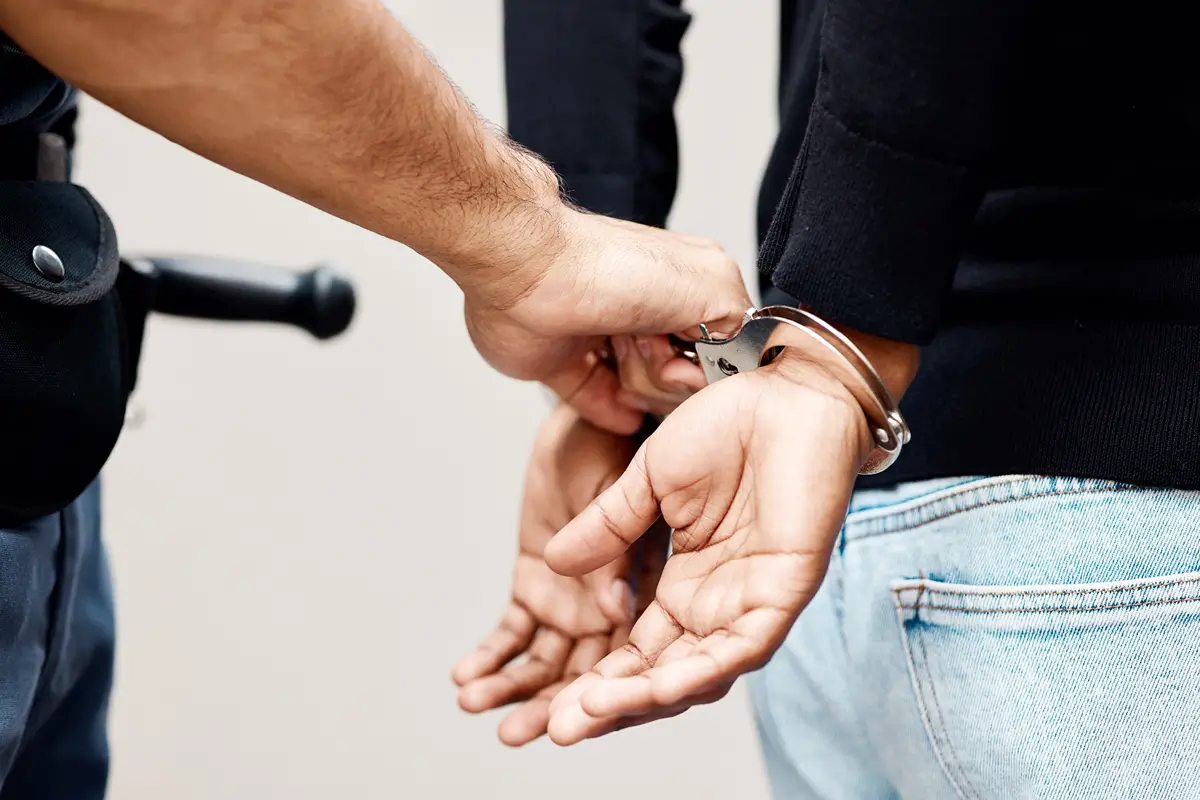In our last posting, I gave you the background of the case of State of Tennessee vs. Ed Johnson, which would become United States vs. Shipp, the only criminal trial in the history of the Supreme Court of the United States. We left off with Ed Johnson’s lawyers being informed that they had ten days to prepare their defense, and that no motions for change of venue would be considered or granted. Predictably, things didn’t go well from there.
Ed Johnson’s trial began on February 6, 1906. Thirty-four white men were summoned for jury duty, and twelve were selected. The State’s first witness was Nevada Taylor, the victim of the rape. After walking the jury thru the events, she was asked if she could identify the man who raped her.
“I believe he is the man,” she said, pointing to Mr. Johnson.
The State’s second witness was Will Hixson, who claimed the $375 reward for identifying Mr. Johnson. Mr. Hixson repeated the story that he told Sheriff Joseph Shipp, that he had seen Mr. Johnson carrying a leather strap near the scene of the crime at the time that the attack took place to the jury. But under skillful cross-examination, it became apparent that Mr. Hixson was nowhere near the scene of the crime on the night of the attack. In fact, rebuttal witnesses called by the Defense testified that on the day the reward was announced in the newspapers, Mr. Hixson walked by a church where Mr. Johnson was working to repair a roof, casually obtained his identity, and was making his statement to the sheriff an hour later.
The Defense called 17 witnesses, including a dozen men who swore under oath that Ed Johnson had been working at the Last Chance Saloon at the time of the attack. Jury deliberations began on February 8, 1906. During the deliberations, Nevada Taylor was recalled to the witness stand to answer questions from the jurors.
“Miss Taylor, can you state positively that this Negro is the one who assaulted you?”
“I will not swear that he is the man,” she replied, “but I believe that he is the Negro who assaulted me.”
“In God’s name, Miss Taylor, tell us positively: is that the guilty Negro? Can you say it? Can you swear it?” another juror asked.
Raising her left hand towards Heaven, Miss Taylor replied, “Listen to me. I would not take the life of an innocent man. But before God, I believe this is the guilty Negro.”
Pandemonium broke out in the courtroom. A third juror left his seat to charge Ed Johnson, only to be restrained by his fellow jurors. According to the records, he shouted that “If I could get at him, I would tear his heart out right now!”
To no one’s great surprise, Ed Johnson was convicted of rape. Judge Samuel McReynolds informed Mr. Johnson’s attorneys that he planned on sentencing Mr. Johnson to death. When meeting with Mr. Johnson, his attorneys reluctantly told him that any attempt at appealing the conviction would be pointless. They explained to him that he was to be sentenced to death, and that he could die either according to the court’s decision, or at the hands of a lynch mob.
On the afternoon of February 9, 1906, Ed Johnson stood before Judge McReynolds to receive his sentence. “The jury says that I am guilty, and I guess that I will have to suffer for what somebody else has done,” Mr. Johnson said. “I guess I will be punished for another person’s crime.”
Judge McReynolds sentenced Mr. Johnson to be hanged from the neck until dead on March 13, 1906, in the basement of the Hamilton County Courthouse.






